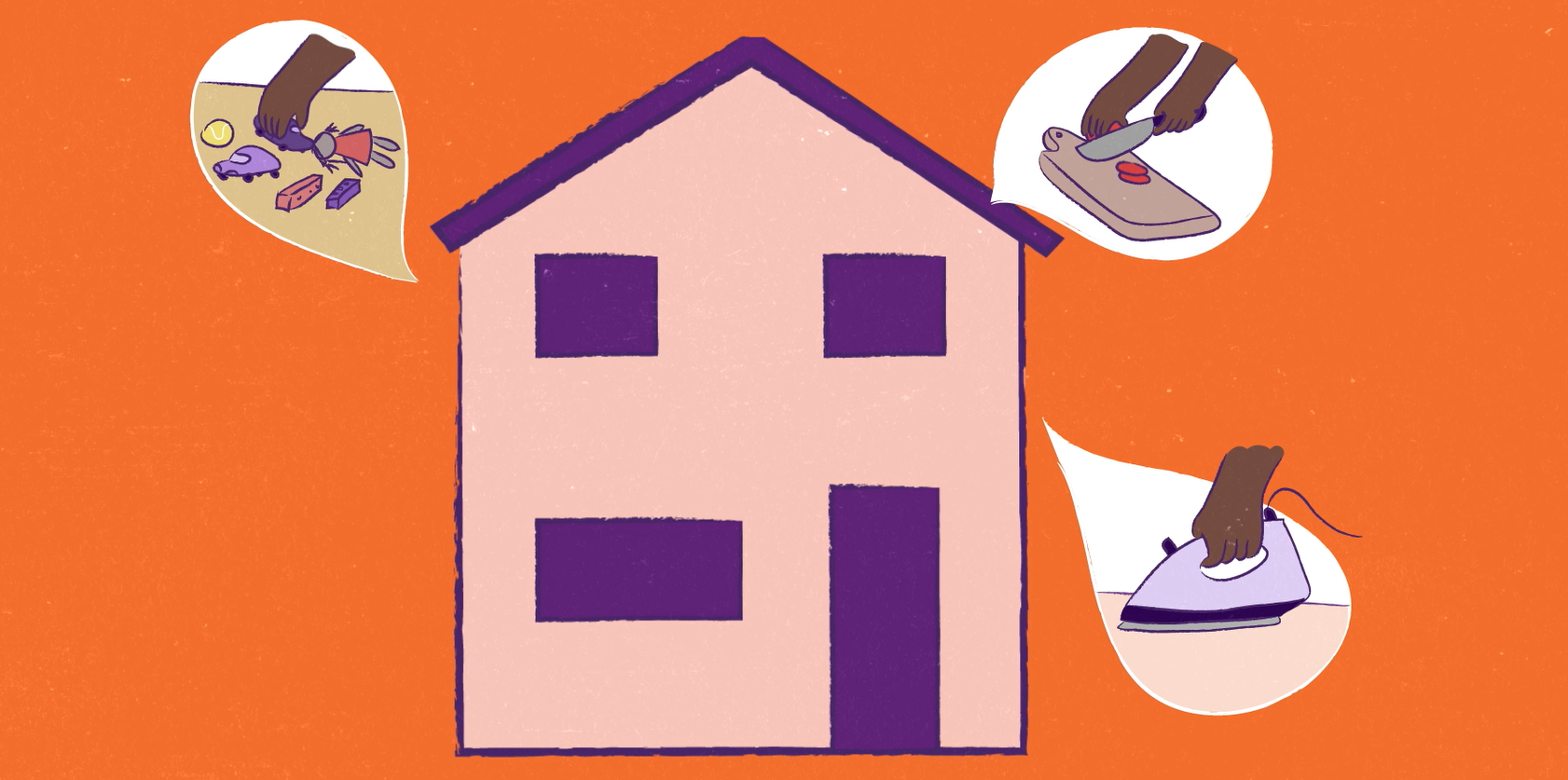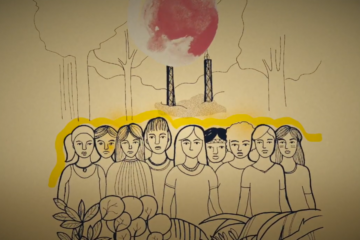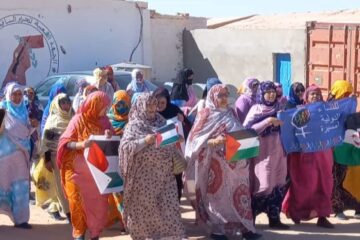A feminist economy is a response to the current economic, environmental and social crisis. It is a political strategy to transform society and the relationship between people, and people and nature. Women are economic actors and protagonists in the fight against the dominant economic model. With a feminist economy, system change is possible.
The World March of Women and Friends of the Earth International have produced two animated films to explain the concept of feminist economy and its role in achieving system change. The videos are made to introduce some feminist principles with creativity and imagination, and are also recommended to be used by the movements in political education activities.
What does a feminist economy mean?
It recognises and reorganises housework and care work. The work performed by women is a fundamental part of the economy. Feminist economy shines a light on all the work that sustains life, and all the people who do it – most of whom are women, Black and migrants. It reorganises this work, so that it becomes a shared responsibility among all people and the States.
Feminist economy places sustainability of life at the center. The sustainability of life means prioritising people’s needs instead of profit. We are all vulnerable and interdependent. Everyone needs care throughout their lives, regardless of age or health. Care is a fundamental human need.
To transform our current economic model, we need to practise solidarity and reciprocity in our lives, our social movements and our daily political efforts. Feminist economy reminds us that biodiversity is the fruit of the relationship with traditional peoples and their ways of life. We must respect nature’s regeneration cycle and rethink our relationship with food, valuing local agricultural and culinary practices, and ensuring that communities have the means to grow food in their own territories. Feminist economy proposes an alternative society built on the centrality of the sustainability of life, interdependence and eco-dependence.




